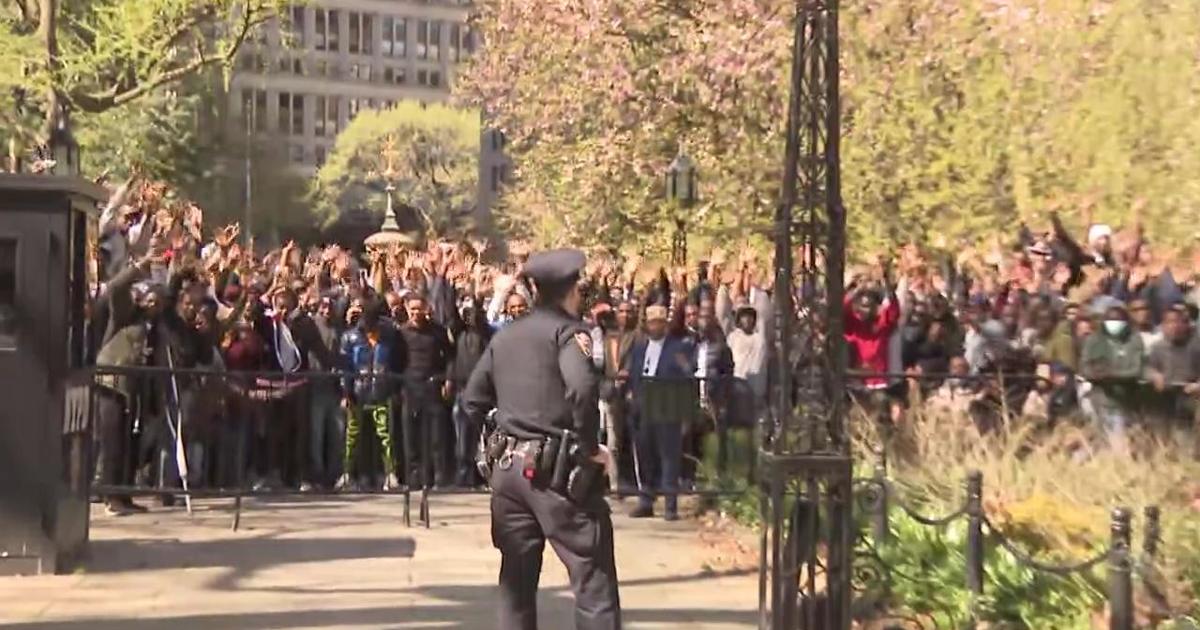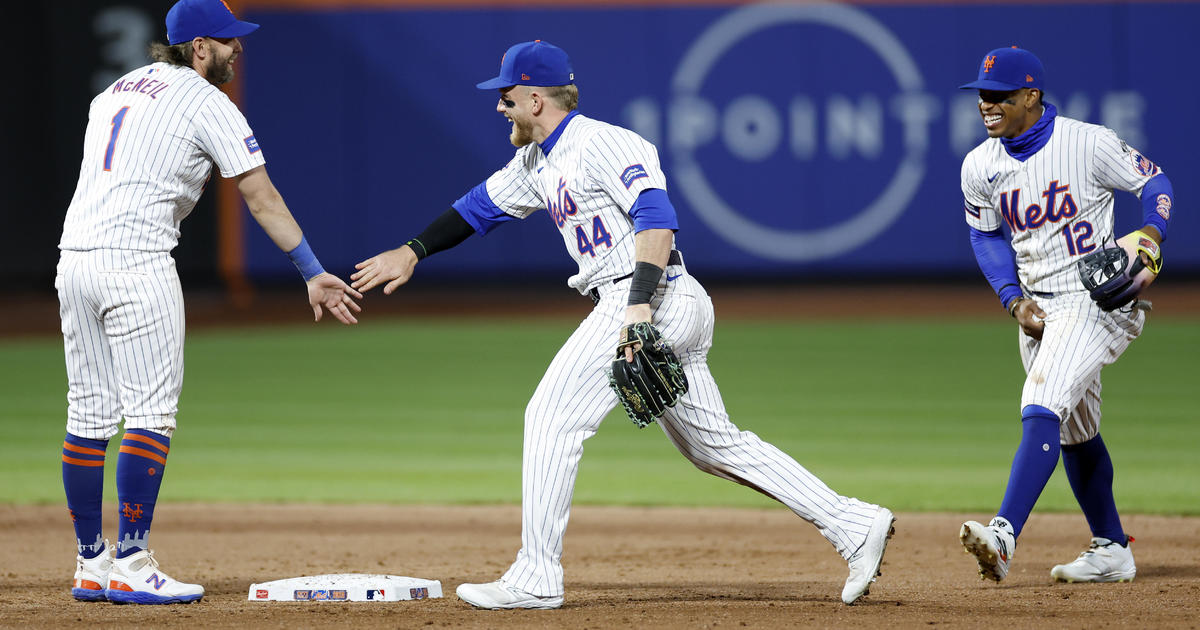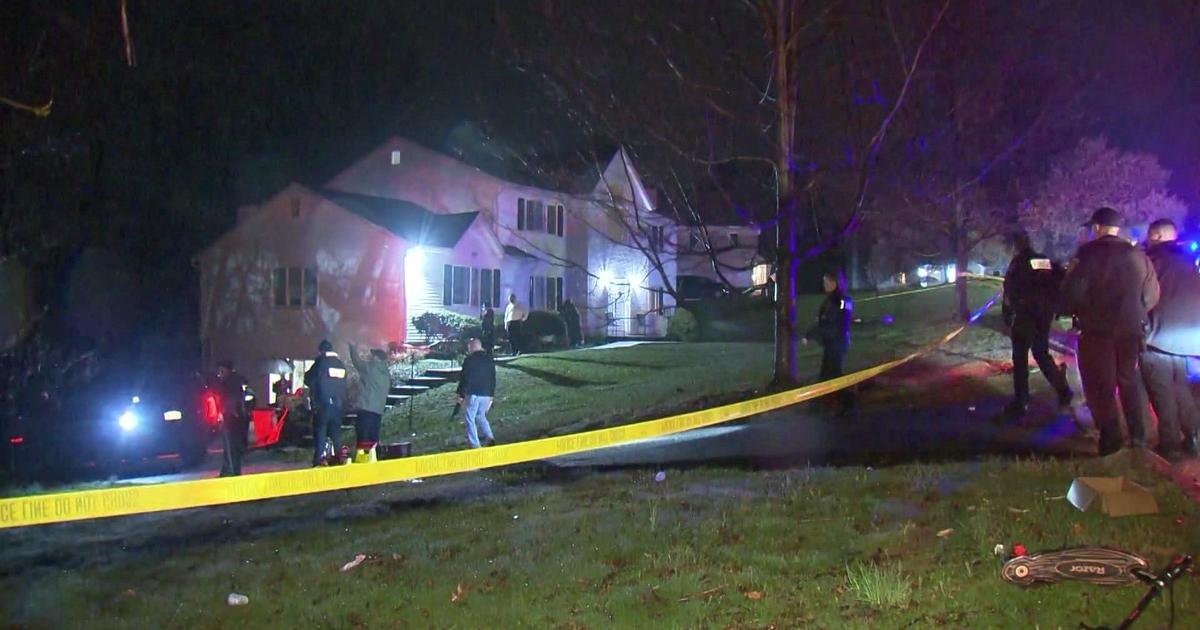Howie Rose Reflects On Gary Carter
By Howie Rose
Originally posted to Mets.com
It's late February, and as I sit in a hotel room in Buffalo, N.Y., preparing to call a hockey game, my thoughts are consumed by a man whose passion, personality and performance consumed New York's baseball heart a generation ago.
Gary Carter passed away five days ago, and although we knew it was coming, the news still felt like a shot to the solar plexus. It's hard to process that a man so full of life and energy would meet such a drawn-out, painful ending. But it's easy to imagine that somehow, when that end came, there was perhaps a crease of a smile on his face.
In the nine months from his diagnosis until his passing, he undoubtedly was assured how much he meant to New York and Mets fans via the many correspondences sent his way, the video tribute on the Citi Field video board during every game last season and the e-mails sent by Mets fans via the team's website.
It's feasible to think that Gary passed with a smile because that's the expression he seemed to wear during his every waking moment.
When he joined the Mets, he brought with him a reputation of being almost too nice, too media savvy and too upbeat to be believed. Many of his teammates and opponents resented him for that, teasing him endlessly, and I spent a lot of time in his early days as a Met trying to find the cracks -- searching for the moment when he would betray his reputation and turn into a different person than the one he publicly portrayed.
Happily, I can tell you that in five years in New York as a player, and over 20 years since then, I never saw one. He was as genuine when the cameras, microphones and notebooks disappeared as he was when they were in front of his face.
I inadvertently tested him during his first year with the Mets in 1985. One of the Mets' pitchers -- who I won't name because he's a good guy and I still see him from time to time, plus he's much bigger than me -- had a propensity for giving up two-strike hits. This happened often in a particular game, after which I approached Gary privately, without a microphone or note pad, and asked him why.
I wanted to take the question back before it finished leaving my mouth. I knew why, although I might have been searching for a different answer than the obvious one, but Gary just smiled (surprise) and told me: "Well, you know he doesn't throw all that hard, and if he doesn't locate with two strikes he's going to get hit."
He could have gotten angry, thinking I was trying to get him to criticize his teammate, especially when he didn't know me well at that time, but he just brushed it off and moved on. Two years later, I began hosting Mets Extra and I never had a better pre or postgame guest. In fact, if he was the player of the game and joined me on the postgame show, I was delirious. One question to him and I was done working. His answers were long, entertaining and informative.
He holds the Mets Extra record for the most lengthy postgame interview, clocking in at over 10 minutes. I think there was more than one question, but I'm not sure. In fact, one of the memories I treasure most about Carter is that in all the years I have been in the broadcasting business, he is one of a precious few who have ever sought me out to thank me for something nice I had said on the air about him. Trust me, that's rare indeed.
Since his passing many of us connected to the Mets have done quite a few interviews during which we were asked about our most memorable Carter at-bat. Immediately, of course, we think of his two-out hit against Calvin Schiraldi that started the unforgettable rally in the 10th inning of Game 6 of the 1986 World Series. But I keep reflecting on another one, without which the Mets might not have made it to the Series. It's a window into what made "The Kid" tick.
He talked often about refusing to make the last out of the World Series and how his faith helped him deliver that rally-inducing hit against Schiraldi, and I'm sure that same mindset worked for him 11 days earlier in Game 5 of the National League Championship Series against the Houston Astros.
The series was tied 2-2, and the game was knotted 1-1 in the bottom of the 12th inning. Wally Backman represented the winning run at second base and Carter faced Astros reliever Charlie Kerfeld. Earlier in the series, in Game 3 at Shea Stadium, Carter hit a comebacker to the mound against Kerfeld, who mockingly showed Gary the ball as he threw Carter out at first base.
Kerfeld was a fun, bespectacled, excitable chap, but you don't show up an opponent that way, particularly one with Carter's credentials without thinking it won't come back to haunt you. Kid made sure that it did.
By the time he faced Kerfeld in Game 5, Carter was struggling badly. He was just 1-for-21 in the series and 0-for-4 in the game. But with a chance to get even and put the Mets ahead in the series, Gary came through. He hit a ground ball through the middle for a base hit, scoring Backman with the winning run, putting the Mets one win away from the National League pennant. The next day in Houston, Carter caught 16 excruciating innings in the Mets' epic win, enabling them to face the Boston Red Sox in the World Series.
That hit against Kerfeld was all anyone needs to know about what Carter was all about. He could have ripped him after the pitcher's antics in Game 3, but he didn't. As always, he took the high road, and when he had his chance for revenge, despite being stuck in an awful batting slump, he found the resolve to come through with one of the biggest hits in franchise history. That's what I remember most about Gary Carter and what makes his passing so difficult to take.
You know, I'm sure, that the Mets' clubhouse in those days could be a minefield. Craziness seeped from almost every locker you visited, but not Carter's. With all sorts of controversy created almost daily in that room, one of the best places to be was the corner locker at the back of the house where the calm, rational, pleasant sound of Gary's voice resonated. It's hard to get past the irony that in a room filled with wild boys, it's the choir boy who passed first.
The 1969 World Series champion Mets lost key members almost immediately. Three months after winning the World Series, general manager Johnny Murphy died. A little more than two years after that, manager Gil Hodges was gone. Since then, Tommie Agee, Donn Clendenon, Tug McGraw, Cal Koonce, Don Cardwell and coach Rube Walker have left us.
The 1986 champs have lost coaches Bill Robinson and Vern Hoscheit, but Carter was the first player from that team to pass away. If you were a teenage Mets fan during the '80s, Carter's death probably makes you come to grips with the end of your childhood. That's how I felt in 1980 when John Lennon was assassinated. In fact, I always considered Keith Hernandez and Gary Carter the John Lennon and Paul McCartney of the Mets of that time. Two people with disparate personalities who combined to make beautiful music -- in this case on a baseball field.
The connection, to me, is inescapable. It's not hard to imagine Hernandez, with his acerbic wit, writing "How Do You Sleep?" and I'm reasonably sure that Carter was a proponent of "Silly Love Songs."
And what's wrong with that?



